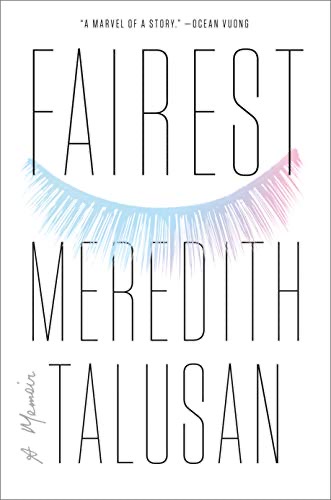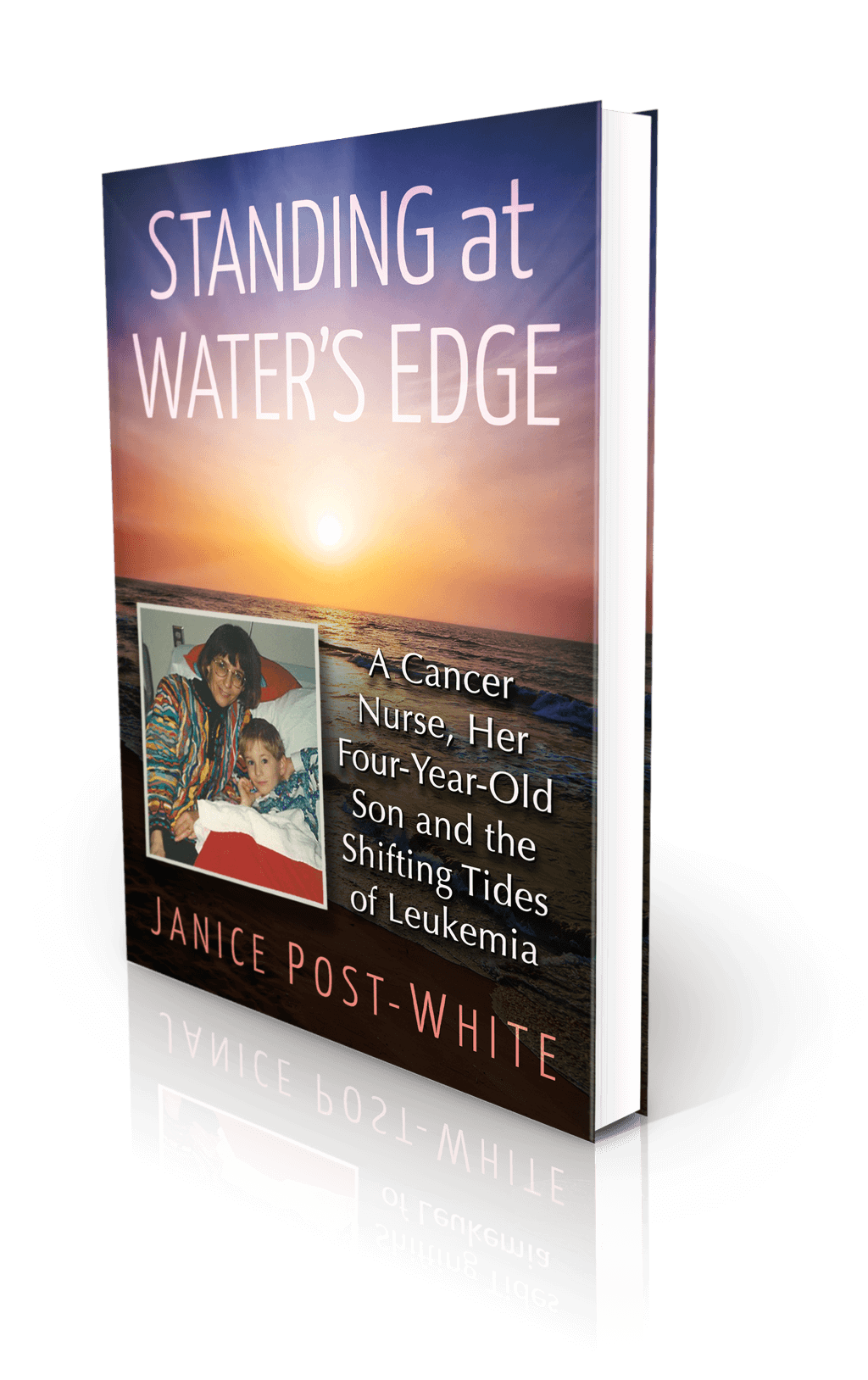
In her memoir, Fairest, which debuted this week, Meredith Talusan dives deep into who she was, has become, and is now as she lives her chosen gender identity. She grew up an albino boy in a rural Philippine village, immigrated to America at age fifteen, graduated from Harvard University a gay man, and then transitioned as a woman. In an engaging and carefully crafted story, she navigates the reader through issues of race, class, sexuality, and love as she explores the intersection of her identities as a white-appearing immigrant and a gender-nonconforming person.
We all struggle through life with defining who we are, who we want to be, and making choices to actualize our desires and beliefs and live in synchrony with these interpretations. While I haven’t experienced Meredith’s complex dimensions of identity, there are aspects of her story that I can (in some small way) relate to. She grew up in the Philippines when my sister and her family lived in Manila. I too (albeit remotely) remember images of the jeepney, rice fields, and thatch-roof houses, and the political turmoil when President Marcos ruled and Aquino was shot dead on the tarmac. At Harvard, I followed her footsteps as she traversed class and culture along the Charles River and Mt. Auburn Street, where my husband and I lived and walked a decade before. I could relate to aspects of the story if not to her intricate, internal struggle.
Many of us read memoir to find commonality in our shared human existence, but also to better understand how unique experiences shape individual lives.
Our own experiences, memories, relationships, and values create our sense of self, of who we perceive ourselves to be as we navigate through this world. And, as Meredith acknowledged this week in one of her book launch interviews, our perceptions are informed by how others perceive us. The expectations and assumptions of others, at least in part, shape our identities and roles. She says now that she is fully comfortable being in this world as a woman, but reflects on what it might be like to live in a world where we are acknowledged for who we are, regardless of gender, race, or other assumed identities.
Certainly, our desire to become who we envision our ideal selves to be can be a powerful catalyst for change and growth. Although we don’t choose the gender, race, or social and family status we are born into, we make choices that ultimately determine who we become. And we are always a work in progress, as Meredith admits.
Circumstances beyond our control also change our identity. Just when we think we’ve figured out who we are, life tosses us loss, illness, injury, disability, estrangement, career changes, financial crises, or other events that require us to adapt, change, and sometimes redefine ourselves. Aging itself brings all sorts of physical, emotional, mental, and spiritual challenges. When we once thrived on independence, we are now dependent. Where we once defined ourselves as strong and athletic, illness may leave us weak and unable to participate in the activities we once loved or relied on. We learn to let go of, or replace, our expectations for ourselves.
Whether our identities are personal choices or shaped by circumstances, we find the strength, courage, and resilience to adapt. Meredith eventually found self-acceptance in a complicated web of identities.
I like books that drill deep into my psyche and make me reflect and think about who we are and who we strive to be—in relation to ourselves and to others—as we seek meaning and purpose on this journey called life. Fairest illuminates the struggle for identity, fairness, and justice, often in conditions of expectations, bias, and judgment.
The book’s debut is a timely call to action for collective tolerance, respect, and compassion during this global pandemic fraught with racial violence and an unwieldly slaying of power and control.
We have choices—let’s make decisions that reflect who we are, who we want to be, and how we choose to live in our world.
~Janice

About the Book
Janice Post-White’s memoir is a story about a cancer nurse who thought she knew what life and death were about.
Then her 4-year-old son got leukemia.
This heart-wrenchingly real but inspiring book shines a light on the life-affirming discoveries that can be made when one is forced to face death—and bravely chooses to face fears.
ON SALE DECEMBER 3, 2021
2022 First Place Award from the American Journal of Nursing Book of the Year in the category of Consumer Health and Third Place in Creative Works
Finalist in Health/Cancer from the American Book Fest Best Book Awards, the International Book Awards, and the Eric Hoffer Book Awards



